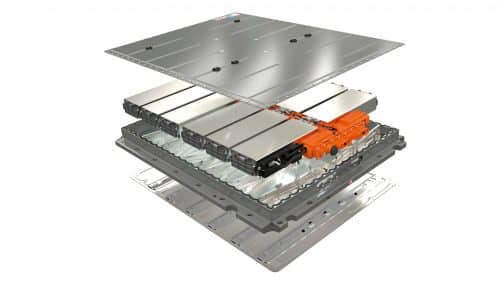The two sisters and the Nexus Power team are working on an EV Battery to minimise the environmental impact of each step of battery production and recycling.
Bhubaneswar-based startup Nexus Power has developed a lithium-free biodegradable battery cell made from proteins derived from crop waste. The team believes the technology will be fully commercialised in the next 2-3 years and India could be the epicentre of the technology.

“At the moment, the focus is on building batteries for 2-wheelers and 3-wheelers,” says Nikita Baliarsingh, the COO of Nexus Power. With the help of local startups, they have been able to test their prototype battery pack in an electric two-wheeler. Pending patents prevented us from getting any range figures or other numbers, but Nikita tells us that their response was positive.
The team used the recently discovered conductive properties of proteins to store and release electrical energy. Both electrodes and the electrolyte are made from bio-organic materials, and the aluminium casing is recyclable.
“Current tests look promising,” Nikita says. “Our focus is to get as close as possible to lithium-ion cells so that we can use the existing infrastructure.” Tests they conducted indicate that the charging speeds for the green battery could be on par with a lithium battery of similar capacity. And according to the sisters, it could be faster!
Nexus Power plans to undertake the production of its battery. “We want ancillary industries to come up in this space,” says Nikita.
The rapidly-growing startup is inching towards full-scale production despite the pandemic slowing it down. “We started back in 2019 with the idea to build a new kind of battery,” says Nikita. While the search for greener EV batteries is a global concern, Nikita and Nishita’s battery might help address an environmental issue closer to home.
While Lithium-ion cells that powering today’s electric cars have long-range and high-voltage rapid charging, they have adverse effects on the environment. Many efforts are being made globally, to find an alternative for Lithium-ion batteries, and we can certainly say our home innovations can play a significant role in this global market.






